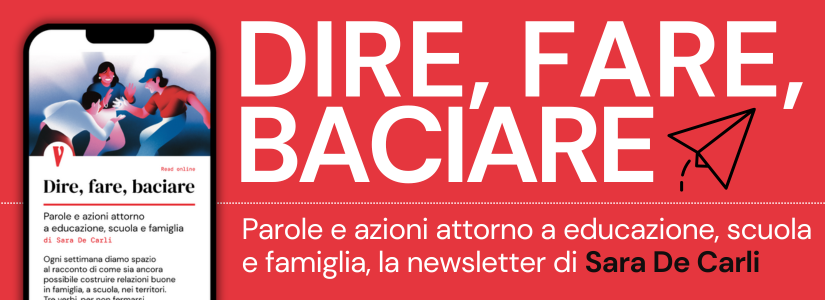The future of care? At home. As long as…

The future of care? It's at home. It was discussed at a conference at the University of Brescia, organized by the social cooperative Società Dolce, which manages home care and home palliative care in Lombardy. A path for medicine, which takes nothing away from appropriateness and results, but adds value: the humanization of care in a family context.
The Minister for Disabilities, Alessandra Locatelli, the Rector of the University of Brescia, Francesco Castelli, the Regional Councilor for University and Research, Alessandro Fermi, the Municipal Councilor for Social Policies, Marco Fenaroli, the General Director of Ats Brescia, Claudio Vito Sileo, opened the proceedings with Pietro Segata, President of Società Dolce and AssistiamoCasa, the cooperative's healthcare spin-off: «Proximity – he said – is the key word. Teleconsultation, telemonitoring, teleassistance, telerehabilitation, but also pharmacies and open RSAs».

Home care is the answer for non-self-sufficient patients and for those with a chronic or degenerative disease, but in some cases also for observation and diagnosis, as shown by the cases brought by Massimo Molteni, a neuropsychiatrist with remote experience on children with suspected autism spectrum, Roberto Piperno, a physiatrist and neurologist with telerehabilitation practices in chronic conditions and Sergio Criseo, a physiotherapist and osteopath, with a pilot study on patients with Parkinson's.
In 2025, Lombardy's over-65s receiving home care will rise from 92,000 in 2019 to 226,000 (+140%), 10% of people in that age group, in line with the European average. The Region is investing over 264 million euros in 3 years, of which almost 200 from the PNRR. Within the European resources, 65 million will be allocated by the ATS to accredited bodies, including 8 million for the so-called RSAs opened through purpose contracts. All rosy? Not really: we need to solve the chronic shortage of qualified healthcare personnel and create coordination between hospitals, districts, GPs and social services, with shared health records and information systems. And one fundamental aspect remains: "Home care - concluded Segata - is possible if the patient has good autonomy, or can count on a caregiver. But who takes care of those who provide care? According to Eurispes, 75% of those who assist do not receive any formal support, 85% think that their needs are not recognized and only 12% have access to adequate support services. We need to work on this, so that the system works".
In the photo, from left, Alessandro Fermi, Francesco Castelli, Pietro Segata and Massimo Molteni
Just over a euro a week, a coffee at the bar or maybe less. 60 euros a year for all VITA content, online articles without advertising, magazines, newsletters, podcasts, infographics and digital books. But above all to help us tell the social story with ever greater strength and incisiveness.
Vita.it





